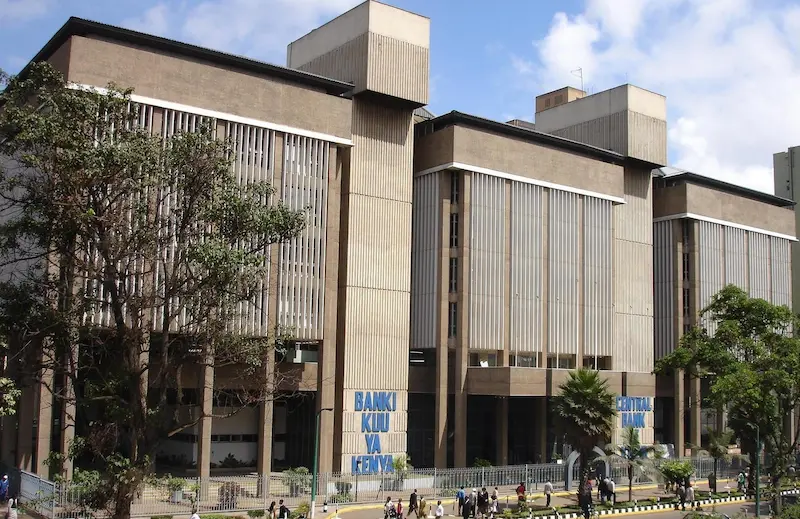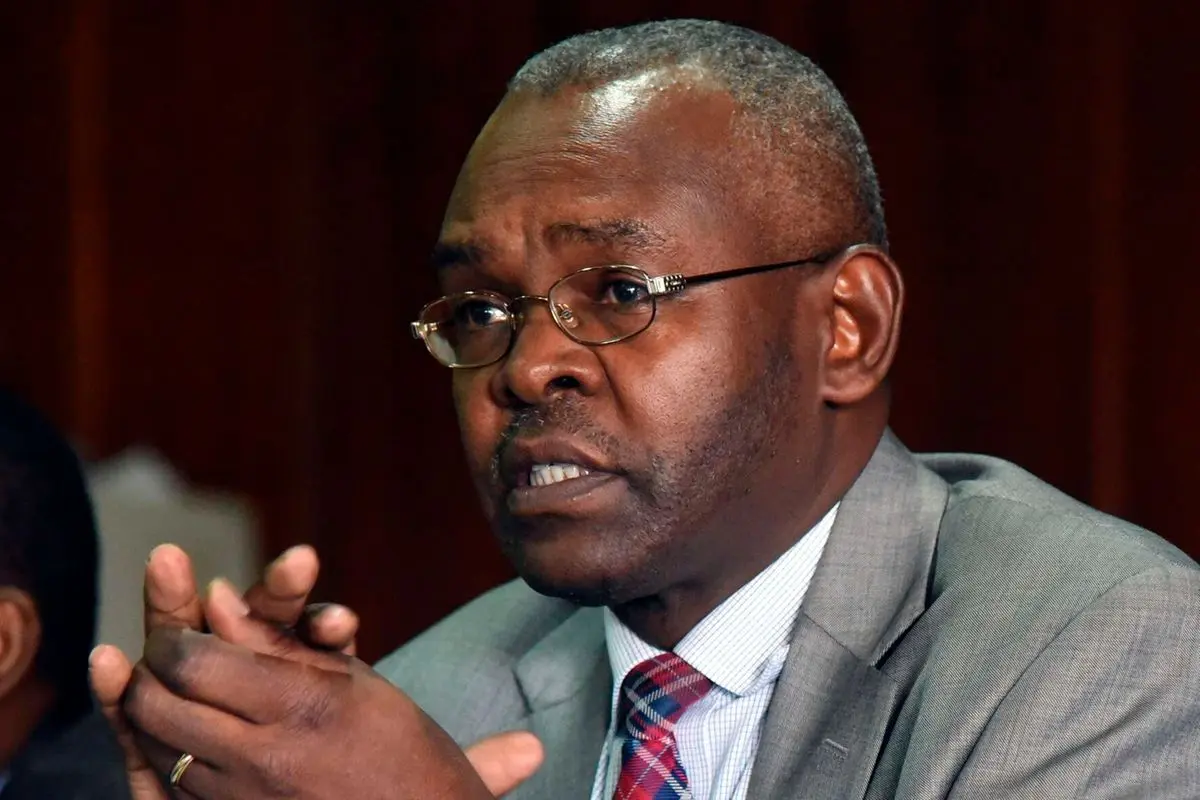
photo credit | millardayo.com
In a landmark move, the Kenyan government has inked a major agreement with Germany’s Giesecke+Devrient Currency Technologies (G+D) to print new currency notes, committing Ksh 14.2 billion ($109.4 million) over the next five years.
The announcement was made by Central Bank of Kenya (CBK) Governor Kamau Thugge, who revealed that this decision addresses the urgent need to replace old and worn-out banknotes and to avert a potential currency stock-out crisis.

During a briefing with the National Assembly’s Finance and National Planning Committee, Thugge highlighted the critical shortage of Ksh 1,000 notes, underscoring the necessity of this procurement.
He also noted that the procurement process was kept classified due to national security concerns, with approvals secured from both the National Security Council and the Cabinet to prevent possible economic disruptions.
This new contract replaces the previous agreement with British firm De La Rue, which ceased operations in Kenya earlier this year after receiving no new orders.
Under the new deal, Giesecke+Devrient will produce a staggering 2.04 billion banknotes, including 460 million Ksh 50 notes, 690 million Ksh 100 notes, 260 million Ksh 200 notes, 170 million Ksh 500 notes, and 460 million Ksh 1,000 notes.

The new notes will feature advanced security threads with color-changing effects tailored to each denomination, enhancing their protection against counterfeiting.
Thugge defended the direct procurement process, asserting that it was compliant with the Public Procurement and Disposal Act.
He revealed that the cost of printing 1,000 banknotes has risen to approximately Ksh 6,842, up from Ksh 6,198 under the previous contract with De La Rue, a change attributed to increasing production costs.
This initiative is part of a broader strategy to maintain a stable money supply in the economy, which currently stands at an estimated Ksh 330 billion—a figure that has been dwindling as older notes are withdrawn due to wear and tear.
As the Central Bank of Kenya embarks on this new currency printing venture, both government officials and the public will be keenly watching the impact on Kenya’s economic stability and financial health.





